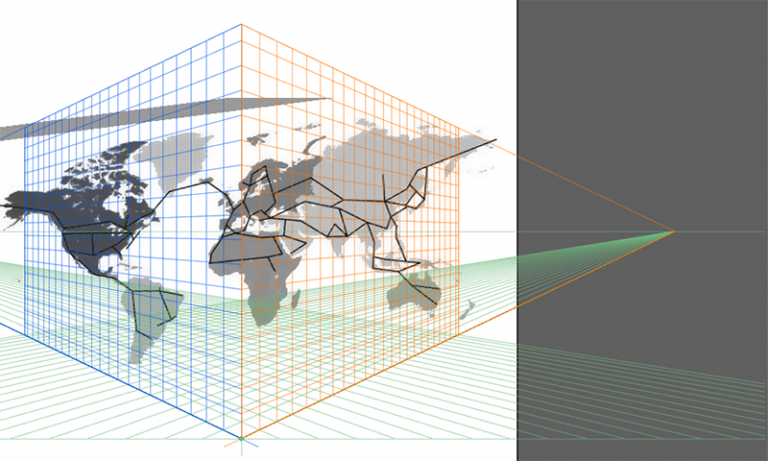UCL-Energy Seminar: Rethinking the future of sustainability - the power of 'super grids'
02 May 2017, 5:30 pm–7:30 pm

Event Information
Open to
- All
Availability
- Sold out
Organiser
-
UCL Energy Institute
Location
-
Central House, G01 14 Upper Woburn Place London WC1H 0NN
By building thousands of kilometres of cables between locations where energy can be delivered could provide humanity with clean and cheap power to where it is most needed.
Our forebearers have been integrating the electricity and extending the electric supply grid ever since the installation of the first public lighting in 1881. This was shortly followed by the first demonstration facility of transmission of DC electrical energy by Miesbach-Munich Power Transmission in 1882 over a 57-km distance. Although renewable energy, such as solar and wind, is intermittent at a specific location, when looked at large scale it can offer a stable source of electricity. Baby supergrids already exist. The technology now exists. It has been proven when comparing HVDC to HVAC; over a specific distance, HVDC systems become cheaper than HVAC, saving the operator money over its lifetime, as it is more efficient and reduces losses. Supergrids enable resources to be shared in a spatial and temporal diversification due to different time zones and seasonal differences in places where peak electricity demand occurs differently (e.g. Japan has peak in summer, South Korea in winter time).
The talk will discuss these capabilities and challenges, provides examples and shows how the power across space could change, how feasible economically, technically and politically would it be to create such infrastructure in practice. It will discuss how moving energy around the planet can help achieve SDGs e.g. providing everyone access to modern energy services (SDG1); improve standards of life (SDG3); and education (SDG4).
About the speaker
Catalina Spataru is a Lecturer in Energy Systems and Networks at the UCL Energy Institute and Course Director of the MRes Energy Demand Studies. She is co-leading the Energy Space Time Group at UCL.
In her role at UCL, she employs a unique blend of research, teaching and consultancy. Her research focuses on whole energy systems dynamics, currently with main interest in interconnected regions and islands and in multidisciplinary research (five node resource nexus water, energy, land, food, materials nexus). She is the regional representative of the IEEE Women in Power (Region 8- Europe). She has written the book 'Whole Energy System Dynamics Theory, modelling and policy'.
This event has be filmed and posted on the UCL-Energy Youtube Channel. Watch below:
 Close
Close

